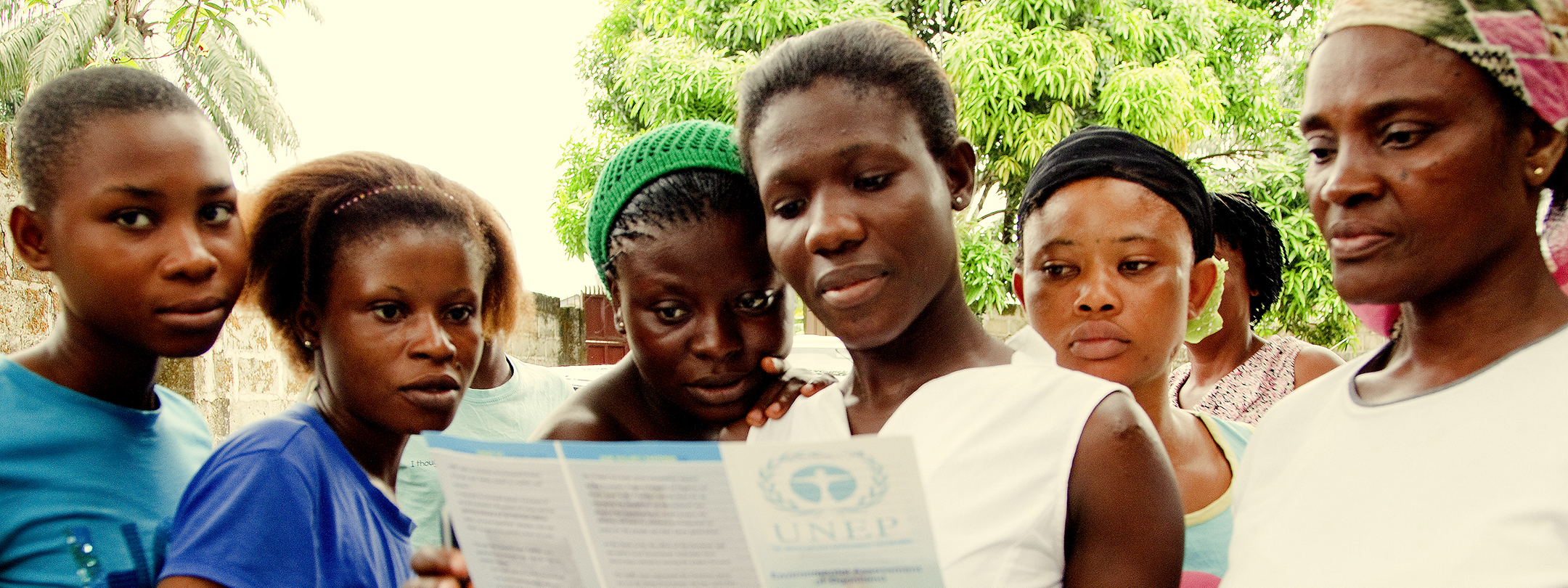Promoting Climate-Resilient Peacebuilding in Fragile States
Publisher: International Institute for Sustainable Development
Author(s): Alec Crawford, Angie Dazé, Anne Hammill, Jo-Ellen Parry, and Alicia Natalia Zamudio
Date: 2015
Topics: Governance, Monitoring and Evaluation, Programming
Efforts to help fragile states move onto a path toward stability and sustainability continue to face enormous challenges. Climate change is one of these challenges. This is true for a number of reasons: the high exposure of many fragile states to climate risks, their economic reliance on climate-dependent sectors (particularly rain-fed agriculture), and their histories of conflict, poverty and weak governance, which all serve to increase vulnerability to climate change.
With the scientific community painting an increasingly dire picture of its potential scope and speed, climate change and variability could undermine, and even reverse, much of the development and peacebuilding progress that has been made in fragile states. Many now see climate change and its impacts on the environment and natural resources as a challenge to human security and a potential driver of conflict.
While remaining grounded in good development practices and processes, peacebuilding interventions in fragile and conflict-affected states increasingly need to strive to simultaneously achieve peacebuilding and climate resilience objectives through:
- Climate-resilient peacebuilding interventions that take into consideration the implications of near- and long-term climate risk as a contributing factor in driving conflict.
- Conflict-sensitive climate change responses designed to ensure that, at a minimum, interventions do not increase the risk of conflict and, preferably, serve to enhance peacebuilding opportunities.
Drawing on desk-based research, practitioner surveys and interviews, and workshop discussions, this paper seeks to provide some initial guidance on how this may be achieved.
